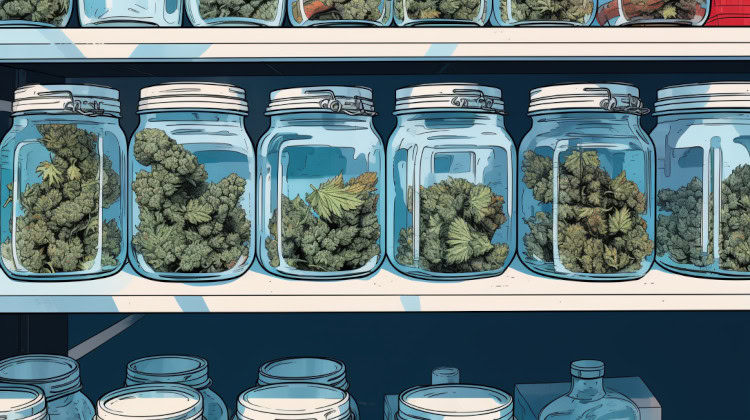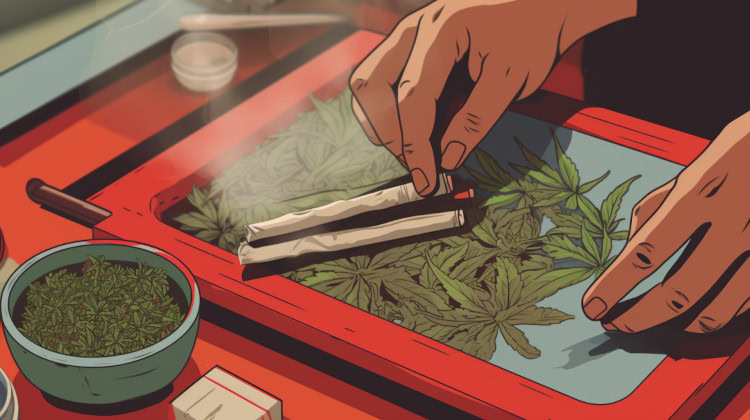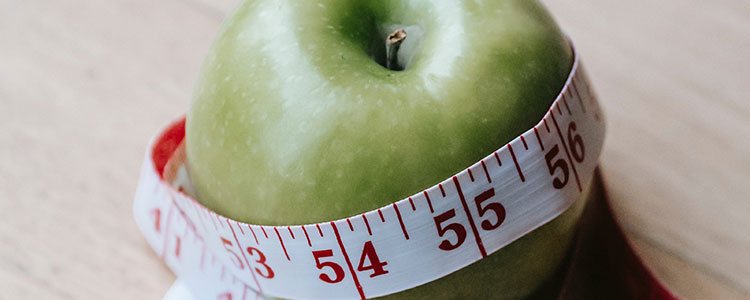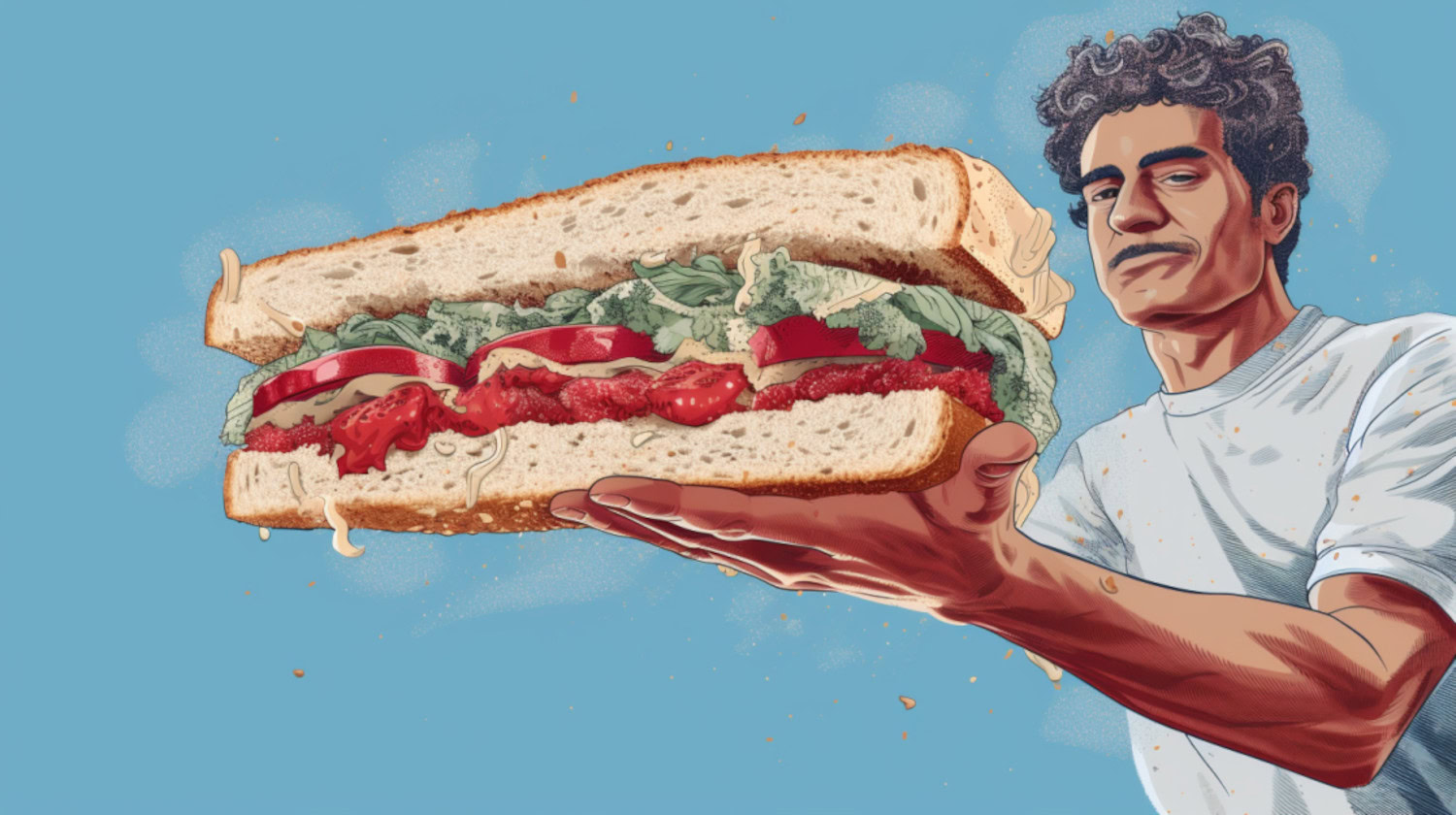Key Takeaways
- Strains like Durban Poison, Doug’s Varin, and Skunk #1 tend to be high in THCV.
- Researchers have found that THCV may affect appetite and energy.
- To find THCV-rich strains, check COAs for cannabinoid concentration. > Look at terpenes that may enhance specific effects. > Consume and note the outcome.
Today’s cannabis consumers have an extensive selection of infused products to choose from, including edibles, tinctures, vapes, and flower. With so many options, menus can be overwhelming, even for experienced shoppers. On top of this, users face the task of understanding how cannabis will affect them, influenced by factors like tolerance, body composition, and specific cannabinoids consumed.
One common effect of cannabis is appetite stimulation, a phenomenon known as the “munchies.” This urge to eat more than usual is an effect some consumers prefer to avoid.
To address this, many are now turning to the specific cannabinoid – THCV. Research suggests that high-THCV strains may help suppress appetite. Understanding the effects of THCV products and finding the ideal THCV strains may help users keep their appetite in check while still enjoying the other benefits of cannabis.
What Are the Benefits of THCV?
THCV, or tetrahydrocannabivarin, is a cannabinoid found in small amounts in the cannabis plant, though many breeders are now developing high-THCV strains.
Research has shown that, like THC, THCV binds to CB1 and CB2 receptors; however, the body responds differently to each. The main difference is that THCV may offer unique benefits, such as supporting glycemic control, which can help with conditions like type 2 diabetes.1
Researchers have observed that THCV behaves differently in controlled lab settings (in vitro) compared to in living organisms (in vivo).2 Most THCV studies have been conducted in vitro or on rats.
In one review, studies indicated that THCV may reduce appetite, regulate metabolism, and increase feelings of fullness.3 Another study found that higher levels of THCV were linked to noticeable weight loss, a smaller waist, lower blood pressure, and reduced overall cholesterol, including LDL (the type that can clog arteries).4
However, other studies found that THCV didn’t impact hunger or weight but did increase energy expenditure.5 The effects may vary depending on dosage or the presence of other cannabinoids. For example, a brand study on their 1:1 THC
edibles found that participants taking the THC:THCV gummy ratio reported no significant increase in hunger but did notice more energy.
Researchers also discovered that THCV shows signs of modulating the effects of THC in the body. In a 5-day case study of 10 male participants, THCV decreased the intensity of the effects of THC, including its potential impact on heart rate. However, it also increased intrusive memories.6
While these studies provide valuable insights, the mixed findings suggest that THCV’s effects might vary by individual. Nonetheless, cannabis companies are marketing THCV products and strains to consumers interested in weight management effects.
The experience of THCV may vary based on dosage, product type, and other cannabinoids consumed alongside it. Reviews of THCV-rich products suggest they may add energy, creativity, and focus, but responses to hunger may vary.
Which Terpenes Pair Best With THCV?

While cannabis breeders and cultivators are starting to grow high-THCV flower, other factors beyond this specific cannabinoid may be worth considering. When shopping for high-THCV strains, it can be helpful to look at their terpenes. These are the aromatic compounds found in cannabis and many other plants that may influence how each cultivar affects the body.
Humulene is a terpene known for its appetite-suppressing properties, as well as its antibacterial, anti-tumor, and anti-inflammatory effects.7 Seeking out THCV products that also include humulene may enhance the potential benefits of THCV.
How to Choose THCV Strains
When shopping at a dispensary, try asking the budtender about their available THCV products. They may point you toward tablets from brands like LEVEL or vapes and edibles from brands like Heavy Hitters, as these are made with isolated THCV concentrate.
Finding THCV strains may begin with asking if there is a certificate of analysis (COA) available, which allows you to check the cannabinoid concentration. COAs should be accessible for most cannabis products sold in licensed dispensaries, though they may not always be easy to obtain, depending on the brand.
In addition to cannabinoid concentrations, COAs can provide insight into the strain’s terpene profile. Focusing on strains rich in terpenes like humulene alongside THCV may enhance its appetite-suppressing effects. The entourage effect suggests that a combination of cannabinoids and terpenes may amplify the overall effects and potential benefits of the cannabis plant.
Strains like Doug’s Varin are well-known for their elevated levels of THCV, but finding this specific cultivar may be challenging, depending on your area. Since THCV is present in many hemp-derived, CBD-rich products, it is often marketed through online retailers.
Unfortunately, counterfeit products are a reality in online cannabis shopping. It’s essential to research the legitimacy of the business when purchasing products outside of a licensed dispensary.
THCV’s effects are still being studied, with consumer feedback varying. If you’re considering using THCV products, it may be best to speak with a doctor first. Start with a low dosage and be mindful of your experience.
The 5 Best THCV Strains

THCV is found naturally in the cannabis plant, though not in high concentrations like with THC. While THC can be found in concentrations upwards of 32%, THCV is usually found in trace levels below 1%, which is why it’s referred to as a minor cannabinoid.
Keep in mind that the selection of cultivars and cannabinoid levels at your local dispensary may vary significantly. The strains listed below can have THCV levels of up to 1%:
- Durban Poison – This cultivar is a treasure due to its landrace lineage. Both medical and recreational consumers report that it produces uplifting, stimulating, and energizing effects. It is categorized as a sativa variety with earthy and spicy aromas alongside hints of wood and pine.
- Doug’s Varin – A rare find with a reputation among cannabis users for appetite suppression. It’s also noted for creativity- and focus-inducing effects, with citrus and pine aromas.
- Skunk #1 – While this cultivar is high in THCV, consumers report that it stimulates appetite rather than inhibits it. It may be better suited for those seeking increased focus. Skunk #1 is rarely available on dispensary shelves these days, but its genetics can be found in other well-known strains that may be easier to find, like Granddaddy Purple.
- Red Congolese – This sought-after strain is known for its user-reported potential to produce energetic and focused effects, possibly due to its THCV levels. It’s another landrace cultivar categorized as a sativa, featuring spicy, nutty flavors.
- Willie Nelson – Named after the iconic musician and cannabis enthusiast, this award-winning strain leaves many users feeling clear-headed and creative without the munchies.
If you cannot find these high-THCV strains, consider looking for cultivars with similar genetics or ask your budtender for other THCV-rich options.
It’s important to note that not all flowers are labeled with THCV percentages. It’s more common for only THC, CBD, and total active cannabinoids (TAC) to be listed. Subtracting the THC levels from the TAC levels can potentially provide insight into how rich a cultivar is in minor cannabinoids like THCV.
References
- Walsh KB, McKinney AE, Holmes AE. Minor Cannabinoids: Biosynthesis, Molecular Pharmacology and Potential Therapeutic Uses. Frontiers in Pharmacology. 2021;12(12). doi:https://doi.org/10.3389/fphar.2021.777804
↩︎ - McPartland JM, Duncan M, Di Marzo V, Pertwee RG. Are cannabidiol and Δ9-tetrahydrocannabivarin negative modulators of the endocannabinoid system? A systematic review. British Journal of Pharmacology. 2015;172(3):737-753. doi:https://doi.org/10.1111/bph.12944
↩︎ - Abioye A, Ayodele O, Marinkovic A, Patidar R, Akinwekomi A, Sanyaolu A. Δ9-Tetrahydrocannabivarin (THCV): a commentary on potential therapeutic benefit for the management of obesity and diabetes. Journal of Cannabis Research. 2020;2(1). doi:https://doi.org/10.1186/s42238-020-0016-7
↩︎ - Smith G. Weight Loss and Therapeutic Metabolic Effects of Tetrahydrocannabivarin (THCV)-Infused Mucoadhesive Strips. Cannabis. 2024. doi:https://doi.org/10.26828/cannabis/2024/000206
↩︎ - Wargent ET, Zaibi MS, Silvestri C, et al. The cannabinoid Δ9-tetrahydrocannabivarin (THCV) ameliorates insulin sensitivity in two mouse models of obesity. Nutrition & Diabetes. 2013;3(5):e68-e68. doi:https://doi.org/10.1038/nutd.2013.9
↩︎ - Englund A, Atakan Z, Kralj A, Tunstall N, Murray R, Morrison P. The effect of five day dosing with THCV on THC-induced cognitive, psychological and physiological effects in healthy male human volunteers: A placebo-controlled, double-blind, crossover pilot trial. Journal of Psychopharmacology. 2015;30(2):140-151. doi:https://doi.org/10.1177/0269881115615104
↩︎ - Hanuš LO, Hod Y. Terpenes/Terpenoids in Cannabis: Are They Important? Medical Cannabis and Cannabinoids. 2020;3(1):25-60. doi:https://doi.org/10.1159/000509733 ↩︎
The information in this article and any included images or charts are for educational purposes only. This information is neither a substitute for, nor does it replace, professional legal advice or medical advice, diagnosis, or treatment. If you have any concerns or questions about laws, regulations, or your health, you should always consult with an attorney, physician or other licensed professional.




